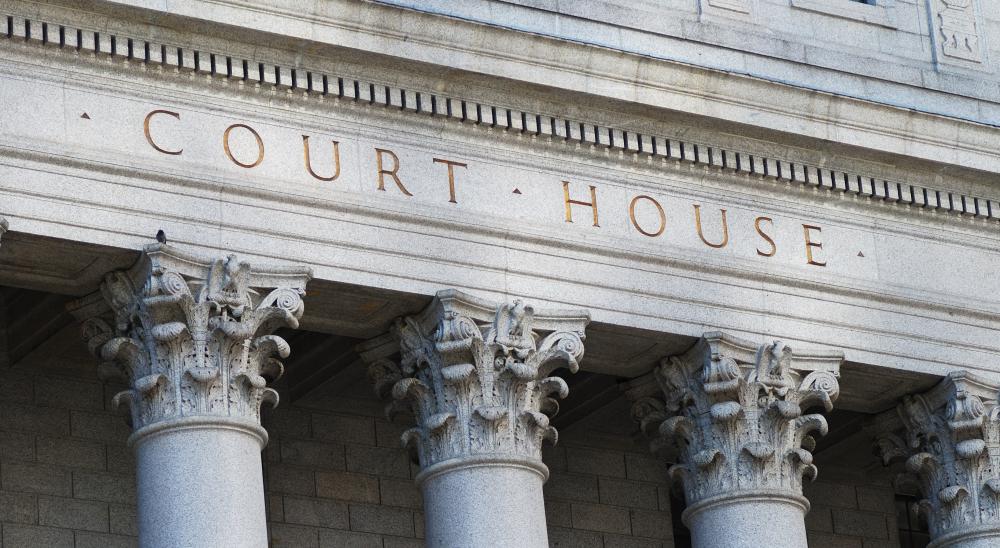At MyLawQuestions, we're committed to delivering accurate, trustworthy information. Our expert-authored content is rigorously fact-checked and sourced from credible authorities. Discover how we uphold the highest standards in providing you with reliable knowledge.
What are the Different Types of Due Process?
There are a number of different types of due process, and the names of each type are typically established by the laws or legal practices of a country. In the US, for example, there are two specific types: procedural and substantive. They are afforded to US citizens at a national level due to the Fifth Amendment to the US Constitution, and they are expanded to all citizens at a state level through the Fourteenth Amendment.
In general, this term refers to the legal practices and procedures that must be followed in order to deprive someone of his or her natural rights. For example, in the US, there is an expectation that every citizen has a right to life, liberty, and property, often referred to as natural rights. In order for a US state or federal government agency, such as law enforcement or the courts of the judicial system, to deprive someone of one of those rights, they must follow the proper steps to do so. These steps are established by the US Constitution and other laws in great detail, and any failure to follow these steps properly often can lead to a reversal of actions that took away those rights.

Procedural due process is typically seen as referring to those steps that must be followed during a court case or similar procedure. For example, in the US there are a number of different rights a person has, even when being prosecuted for a crime, and those rights must be respected in order for a legal verdict to be brought against him or her. These rights include the ability for a person to confront any accusers against him or her, a trial before a jury of his or her peers, and a relatively fast and fair trial.

When these procedures are not followed properly, a judge can declare a mistrial and release a person; sometimes, procedural errors can even result in a judge overturning a prior conviction. In the US, someone who is guilty of a crime but who is deprived of his rights to due process can be set free in order to uphold the importance of such rights.
Substantive due process, on the other hand, refers to the ability of courts and legislators to decide that a law violates the rights of the people. This is often tied to concepts such as “judicial review” and can be a fairly controversial issue. The idea is that, if a law is passed that deprives a person or people of their rights, then that law is unconstitutional and can be struck down. This is a seen as a more reactionary form since it allows courts and other parts of the legal system to react to what others have done in order to preserve the rights of the people.
AS FEATURED ON:
AS FEATURED ON:















Discuss this Article
Post your comments